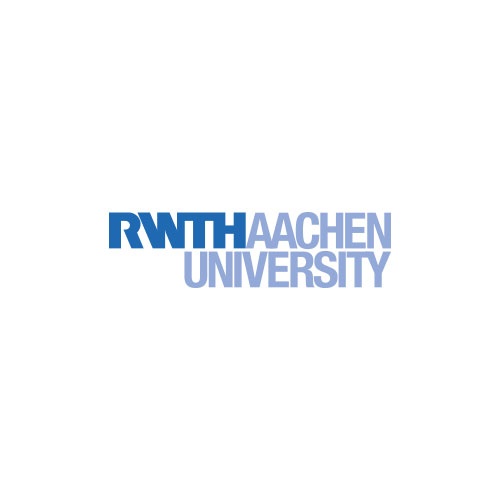FH and RWTH Collaborate to Expand Talent Scouting, Opening New Educational Horizons
In the future, around 30,000 students at up to 600 schools across the country will be continuously accompanied by around 100 talent scouts and supported on their individual educational path. In Aachen, too, the program is being expanded at the two universities FH Aachen and RWTH Aachen – two new positions are being set up in the central student advisory services.
Zoe East (FH Aachen) and Dr. Mandana Biegi (RWTH Aachen), the respective heads of the central student advisory services, explain the priorities: “We want to include even more schools from our region in the talent scouting program and thus give more students the opportunity to take part.” Already now is there a waiting list of interested schools; The expansion should primarily benefit schools in rural areas.
In talent scouting, the scouts regularly come to the partner schools to accompany talented students from first-time academic families on their personal educational path. The program has been in existence since 2017 and is run jointly in the region by the study advisors at RWTH Aachen and FH Aachen. 38 schools between Heinsberg, Euskirchen, Düren and Aachen have been involved so far. The scouts accompany the talents over a long period of time and support them in their development. The program helps to shape educational transitions and create more equal opportunities.
Great success
Due to its great success, the program is now being further expanded by the North Rhine-Westphalia state government. In addition to the previous 17 partner universities, a further six universities will take part in NRW talent scouting in the future: the University of Bonn, the Hamm-Lippstadt University of Applied Sciences, the Münster University of Applied Sciences and the Westphalian Wilhelms University-Münster, the Niederrhein University of Applied Sciences and the University of Siegen.
The Minister for Culture and Science of the State of North Rhine-Westphalia, Ina Brandes, emphasizes: “A good education should not be a question of where you live or where you come from. With talent scouting, we have taken a very successful approach to advising and supporting students in the decisions they have to make after school.”
A long-term evaluation by the Berlin Science Center (WZB) for social research shows that talent scouting is effective: Talent scouting significantly reduces inequalities in educational opportunities and breaks down gender-typical clichés when choosing a career and course of study. Students from academic families are more likely to take up vocational training and students from non-academic families are more likely to decide to study. In addition, courses of study that are gender-atypical are chosen twice as often: young women are more likely to choose the MINT field (mathematics, computer science, natural sciences and technology) and young men are more likely to aspire to social professions and teaching.

